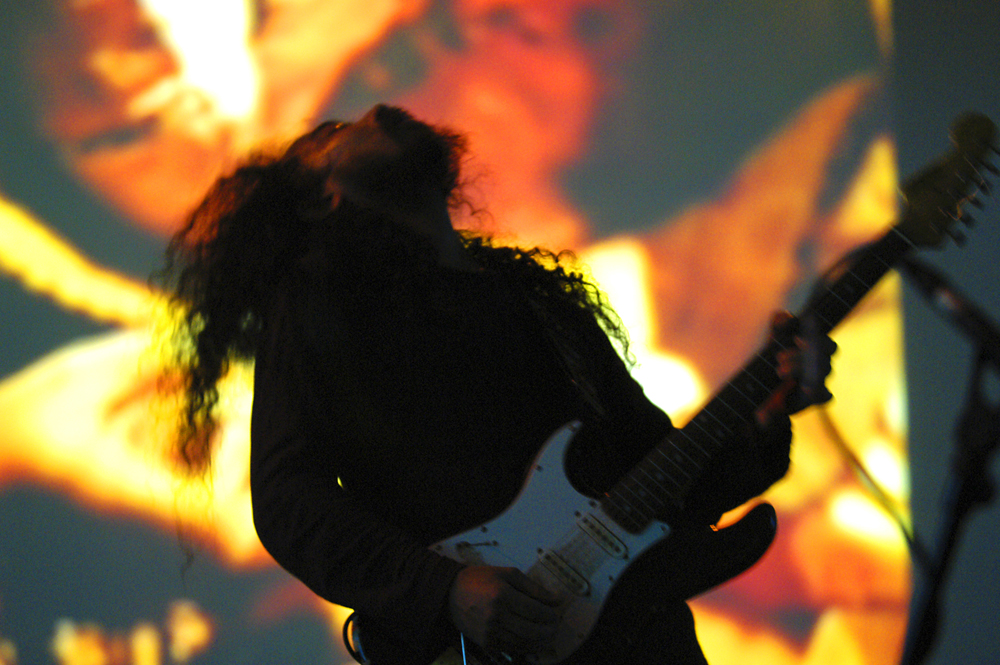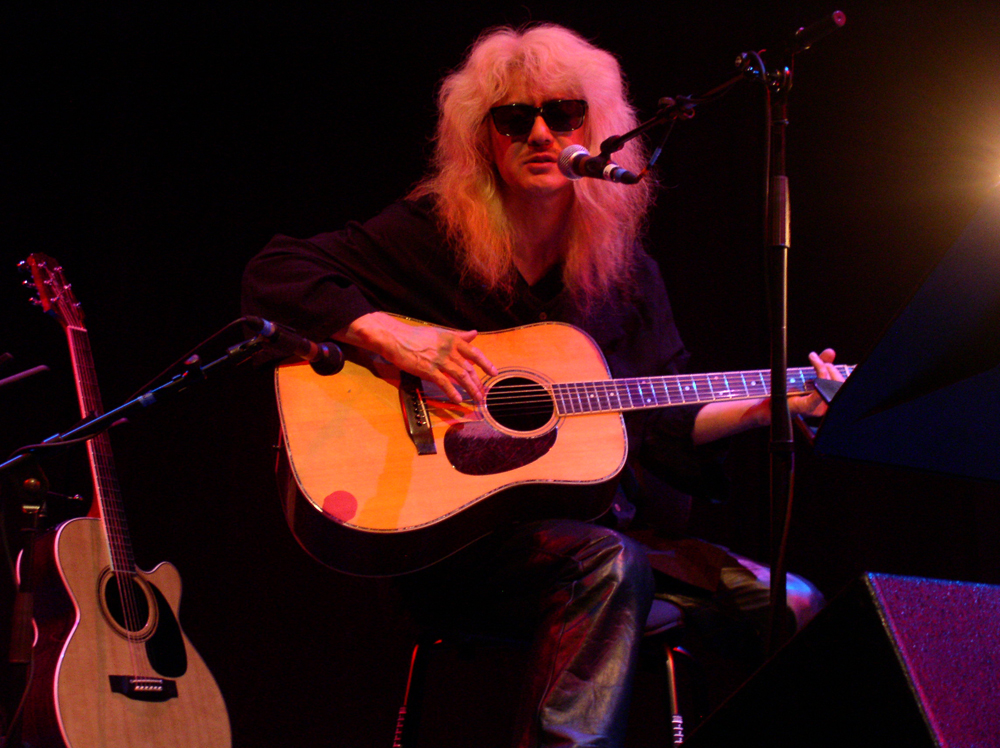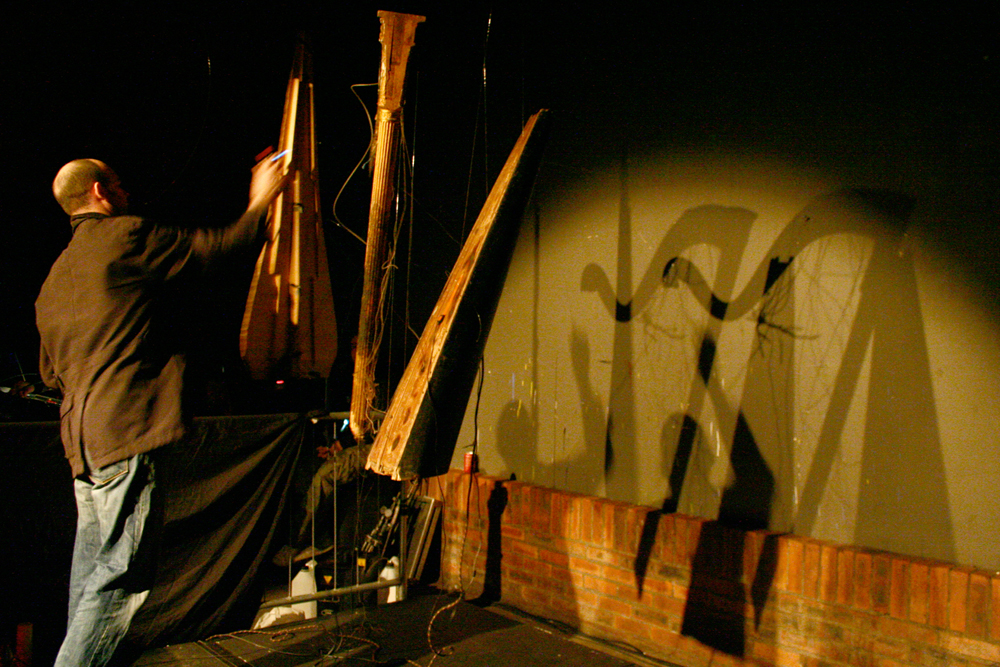
Altar: Odes to the Lost/ never lost with ASL Centered Hang
Leah Lakshmi Piepzna-Samarasinha
Offering a crip grief transformation and witness altar. A place to sit and breathe, remember our dead, wash our hands and leave offerings to and for loved ones we’ve lost – and for ourselves. Expect fire and a little bit of smoke. Concluding with a D/deaf centered social space with conversational interpreters available for those who do not speak ASL.












